Why the US is deploying troops to Somalia
Joe Biden overturns Trump-era decision to withdraw from African terrorism battle
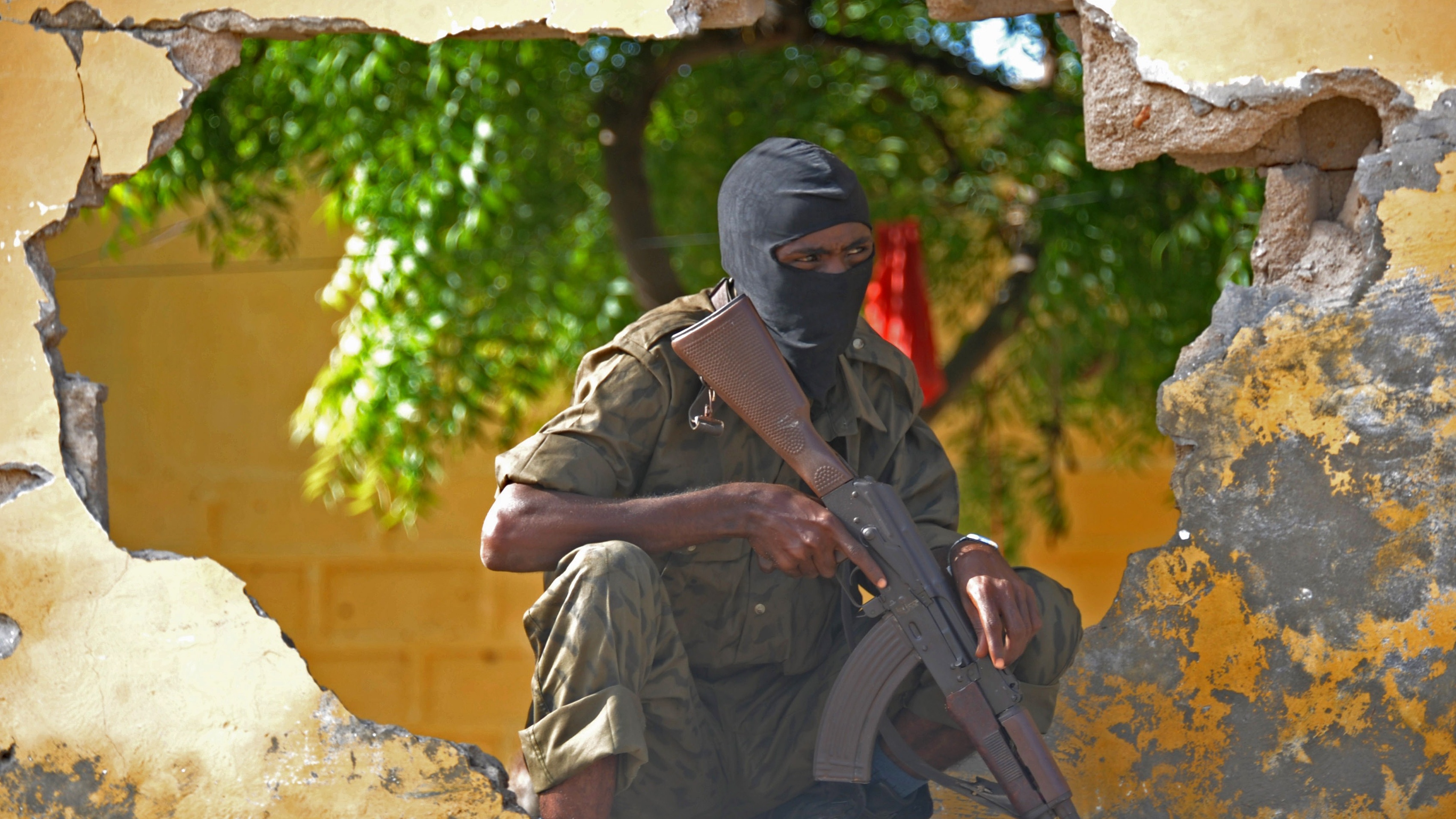
A free daily email with the biggest news stories of the day – and the best features from TheWeek.com
You are now subscribed
Your newsletter sign-up was successful
The US is to re-establish a “persistent” military presence in Somalia after Joe Biden gave the green light to reverse a Donald Trump-era decision to withdraw troops from the east African nation.
Washington will send up to 500 soldiers to “train the country’s army to combat the increasing threat posed by al-Shabaab militants”, The Guardian reported.
A US official told the Financial Times (FT) that the Islamic insurgency group had become the “largest” and “best financed of al-Qaeda’s global affiliates”. The unnamed official added that “the pace with which it engages in attacks, and often lethal attacks, is quite appalling”.
The Week
Escape your echo chamber. Get the facts behind the news, plus analysis from multiple perspectives.

Sign up for The Week's Free Newsletters
From our morning news briefing to a weekly Good News Newsletter, get the best of The Week delivered directly to your inbox.
From our morning news briefing to a weekly Good News Newsletter, get the best of The Week delivered directly to your inbox.
Back to war
The decision to re-deploy US troops in Somalia marks a reversal of a decision by Trump “in the last weeks of his presidency” to “withdraw 750 US troops who had been stationed in Somalia until then”, The Guardian reported.
A senior Biden administration official told the paper that Trump’s “abrupt and sudden transition” to a rotating deployment of troops was “irrational”.
Since then, al-Shabaab has “grown stronger”, the source continued. “It has increased the tempo of its attacks, including against US personnel.”
The White House insisted that the move to reverse Trump’s decision does not contradict Biden’s “policy of disengaging” from “forever wars”, stressing that the US military presence would be “persistent” rather than permanent.
A free daily email with the biggest news stories of the day – and the best features from TheWeek.com
Biden has also “approved a Pentagon request for standing authority to target about a dozen suspected leaders” of al-Shabaab, The New York Times (NYT) said.
That also marks a shift in policy, as since the president took office air strikes have “been limited to those meant to defend partner forces facing an immediate threat”.
Since Trump gave the order for a withdrawal, US troops have repeatedly “dipped in and out of the country to aid counter-terrorism operations on a rotational basis”, the FT said. An official told the paper the decision to formalise this assistance was “a step that rationalises what was essentially an irrational arrangement that we inherited”.
“It was irrational because it created unnecessary and elevated risk to US forces as they moved in and out of the country on a rotational basis, and gave us less pay-off for incurring that risk,” they added.
Terrorist turn
US officials have suggested that the final decision on whether to send troops to Somalia “had taken time because of Biden’s caution over sending US troops into a conflict zone”, The Guardian reported.
The president was elected on a pledge to end America’s “forever wars” in the Middle East and was harshly criticised for the “botched” Afghan withdrawal.
“He takes seriously his obligation to ask tough questions and to make sure he understands the full ramifications – the risks as well as the potential benefits,” an official told the paper. “Once he worked through that process, once he had his questions answered, he was ultimately comfortable approving this proposal from the secretary of defence.”
As well as carrying out “frequent deadly attacks in Somalia”, al-Shabaab has masterminded “atrocities in neighbouring countries”, the FT said. This includes a 2019 attack in Nairobi in which 22 civilians were killed and “a 2020 attack on a US base in northern Kenya in 2020 in which three American servicemen were killed”.
Since taking office, Biden’s White House has sought “to be more surgical in their approach to counter-terrorism”, the paper added, “shying away from open-ended deployments around the world”. And a senior official suggested the Somalia deployment will be no different, saying: “We don’t plan on being there forever.”
The strategy “is to try to reduce the threat from al-Shabaab by suppressing its ability to plot and carry out complicated operations”, the NYT said. This comes with stated aims, including “targeting a small leadership cadre” made up of people “suspected of playing roles in developing plots outside Somalia’s borders or having special skills”.
Return to form
Some have attacked the decision to redeploy troops into a complex and fast-moving battle against overseas terrorism. These critics include Sarah Harrison, an analyst at the International Crisis Group, who is the lead author of an upcoming report on US policy in Somalia.
“Sending in more US troops and honing in on a small number of senior al-Shabaab leadership is narrow in its aims and by definition cannot end the broader military fight,” she warned. Instead, what is needed is “more concerted and effective diplomatic and political efforts by the United States and others”.
The announcement was made to coincide with the selection of a new president in Somalia following a protracted election process that was 16 months overdue.
A vote confined only to members of parliament due to fears of national instability will mean former leader Hassan Sheikh Mohamud will return to office, replacing Mohamed Abdullahi Mohamed who has been in power since 2017.
Peter Pham, a former senior US official in Africa and distinguished fellow at the Atlantic Council, told the FT that the undiplomatic election raises concerns that the groundwork is not in place for a “successful” US-Somali partnership on terrorism in Africa.
But a member of Mohamud’s incoming administration welcomed the move, telling the NYT that it is a timely deployment that “coincides with the swearing-in of the newly elected president who would be planning his offensive on al-Shabaab”.
-
 El Paso airspace closure tied to FAA-Pentagon standoff
El Paso airspace closure tied to FAA-Pentagon standoffSpeed Read The closure in the Texas border city stemmed from disagreements between the Federal Aviation Administration and Pentagon officials over drone-related tests
-
 Political cartoons for February 12
Political cartoons for February 12Cartoons Thursday's political cartoons include a Pam Bondi performance, Ghislaine Maxwell on tour, and ICE detention facilities
-
 Arcadia: Tom Stoppard’s ‘masterpiece’ makes a ‘triumphant’ return
Arcadia: Tom Stoppard’s ‘masterpiece’ makes a ‘triumphant’ returnThe Week Recommends Carrie Cracknell’s revival at the Old Vic ‘grips like a thriller’
-
 Ten years after Bataclan: how has France changed?
Ten years after Bataclan: how has France changed?Today's Big Question ‘Act of war’ by Islamist terrorists was a ‘shockingly direct challenge’ to Western morality
-
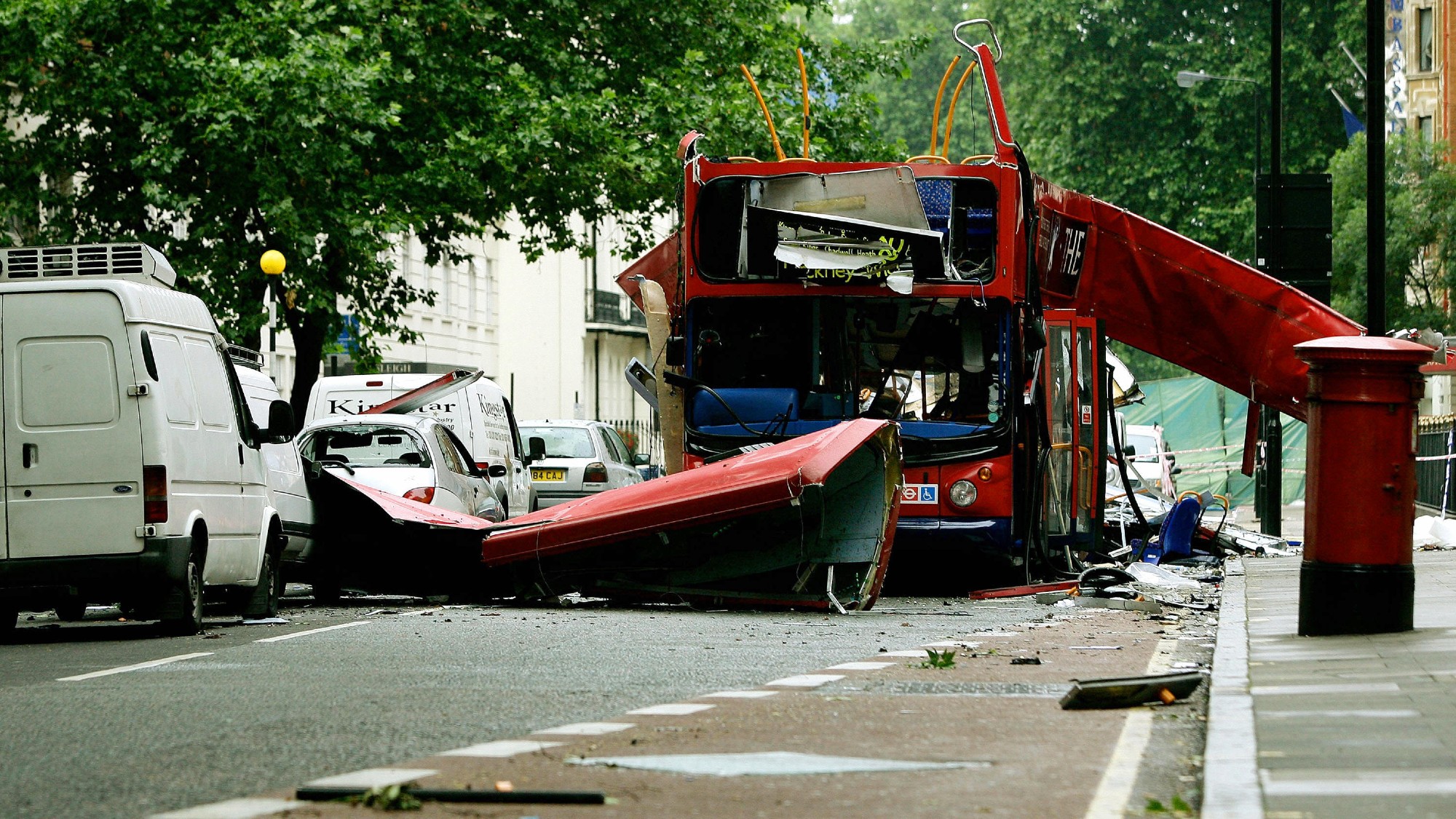 The failed bombings of 21/7
The failed bombings of 21/7The Explainer The unsuccessful attacks 'unnerved' London and led to a tragic mistake
-
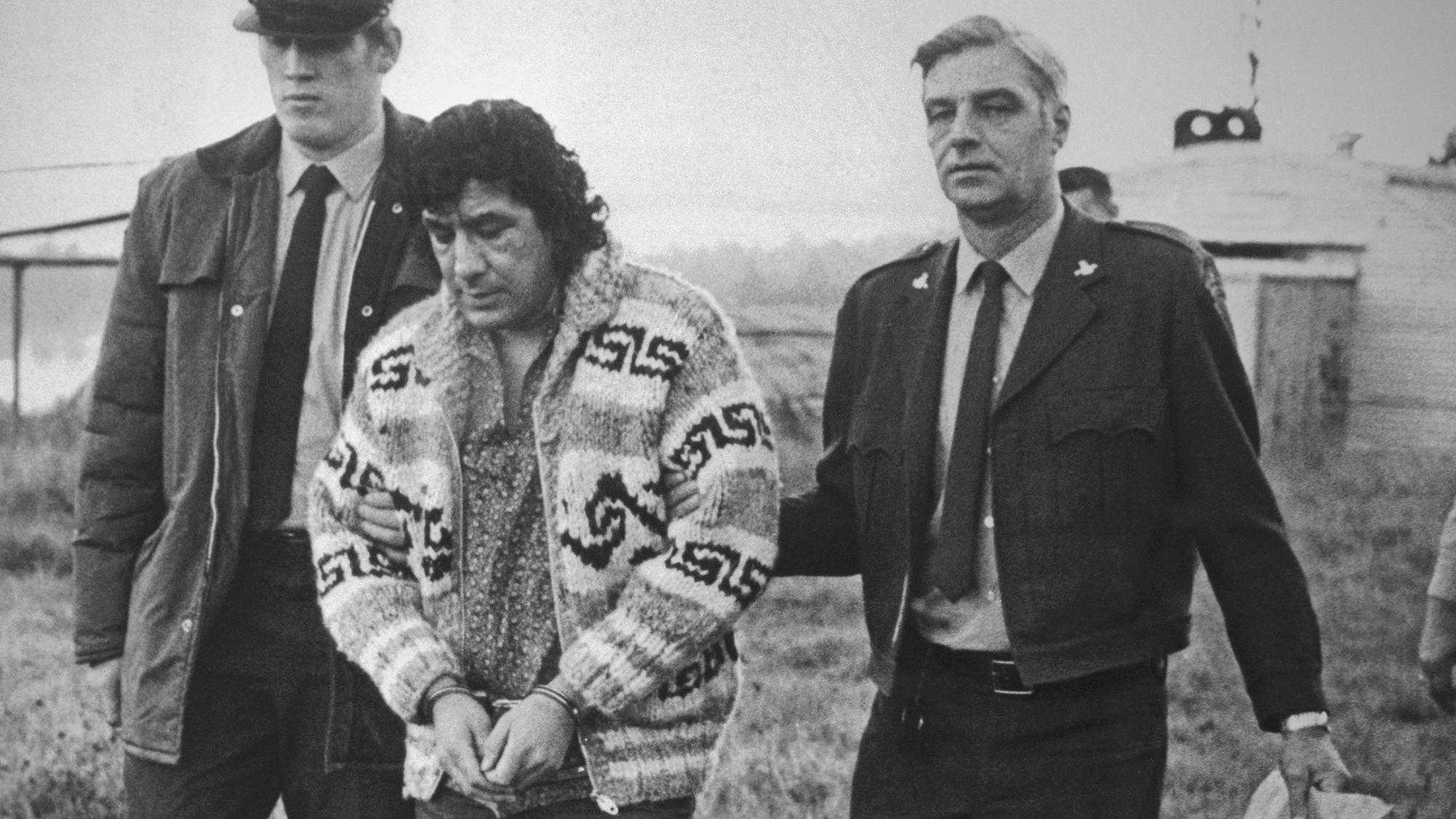 Leonard Peltier released from prison
Leonard Peltier released from prisonSpeed Read The Native American activist convicted of killing two FBI agents had his life sentence commuted by former President Joe Biden
-
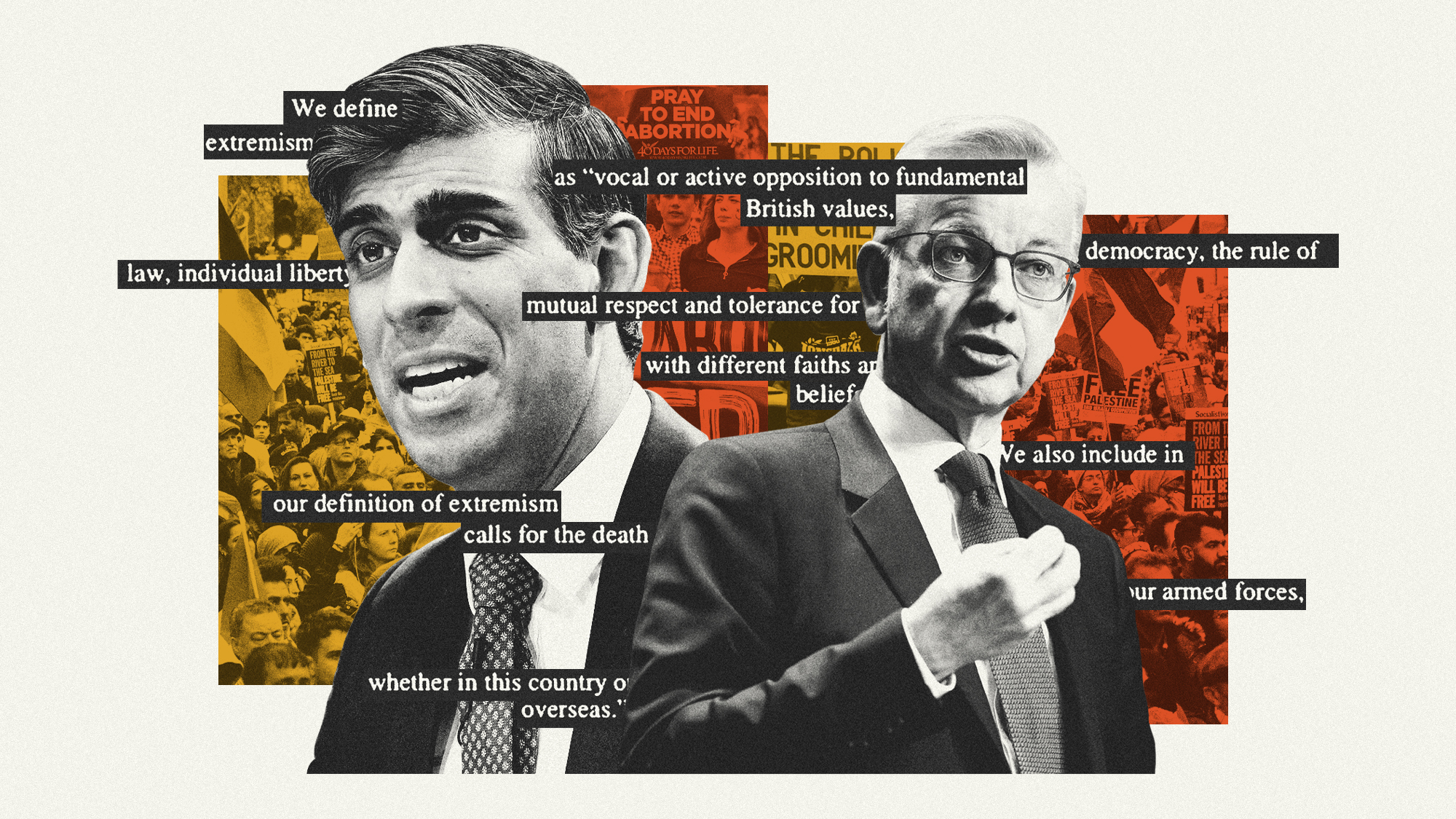 What is the new definition of extremism?
What is the new definition of extremism?Today's Big Question Michael Gove on a mission to 'push for more stringent measures to tackle extremism in the UK'
-
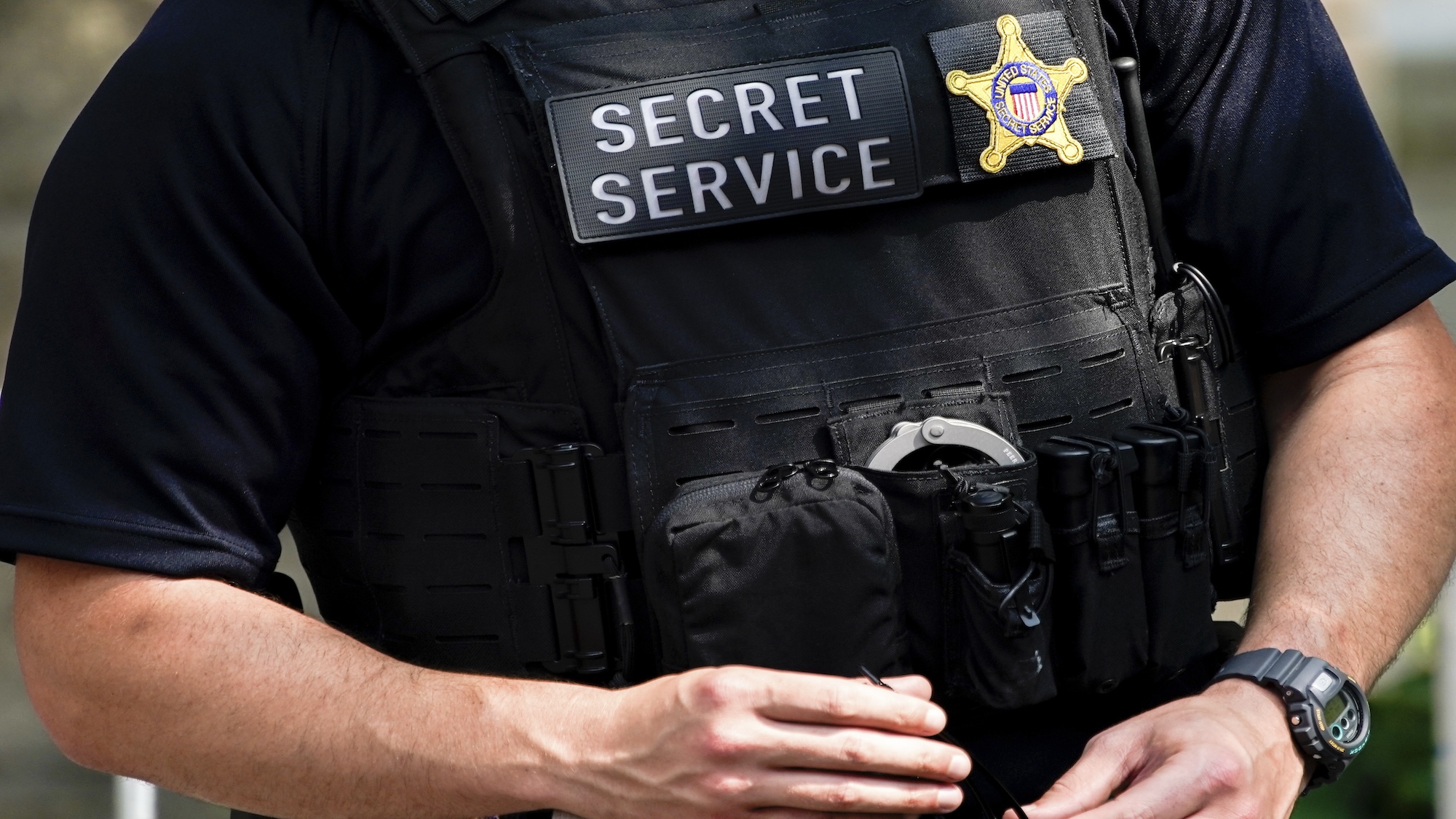 Secret Service agents guarding Biden's granddaughter foil vehicle break-in
Secret Service agents guarding Biden's granddaughter foil vehicle break-inSpeed Read At least one of the agents opened fire on the would-be carjackers
-
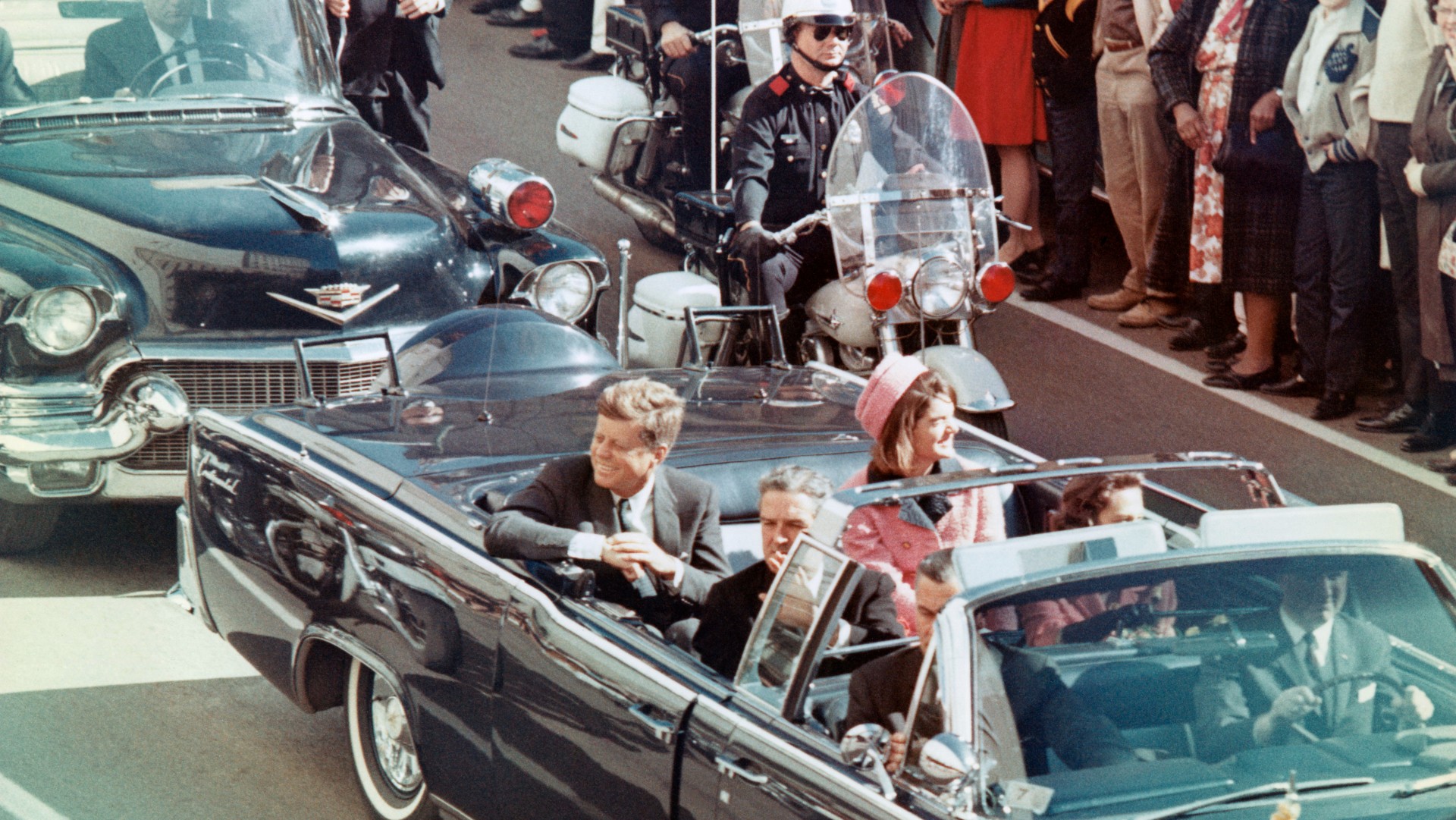 Why have the JFK assassination files been kept secret for so long?
Why have the JFK assassination files been kept secret for so long?In Depth Joe Biden is set to finally release thousands of documents this week despite pressure from CIA and FBI
-
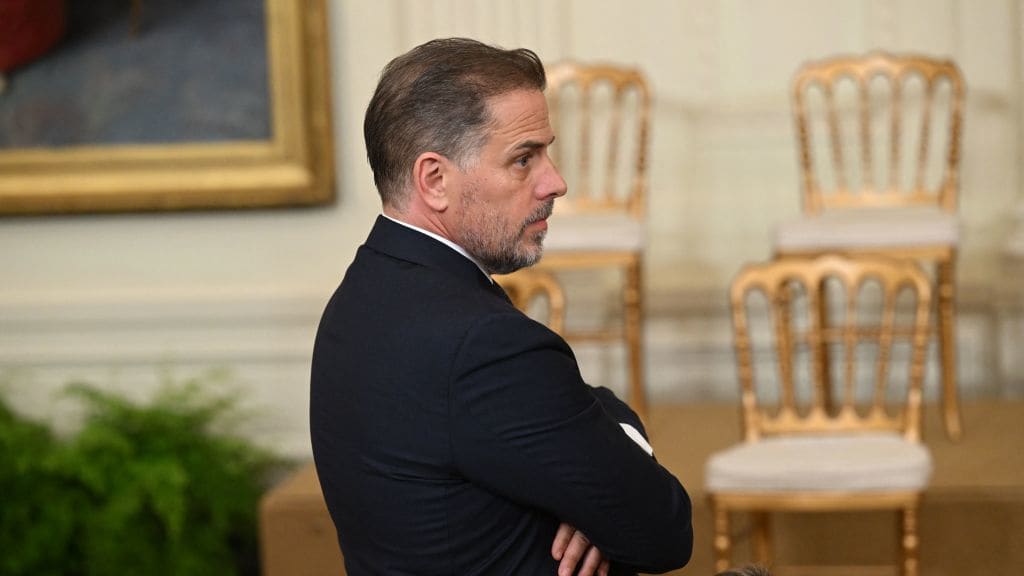 Report: Federal agents claim they have evidence to charge Hunter Biden with tax crimes
Report: Federal agents claim they have evidence to charge Hunter Biden with tax crimesSpeed Read
-
 Biden visits Uvalde, meets with victims' families
Biden visits Uvalde, meets with victims' familiesSpeed Read